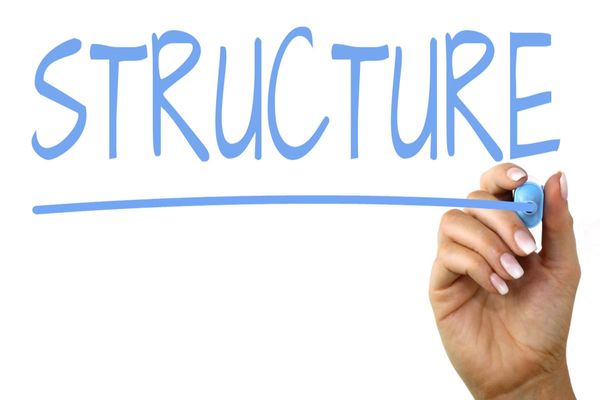6.2.5
Speech
Speeches
Speeches
Speeches are usually designed to persuade the audience or sometimes even inspire the audience. Good speeches are not boring and will use lots of emotive language as well as rhetorical techniques.


What is contained in a speech?
What is contained in a speech?
- Addresses the audience directly (says ‘you’ or ‘we’) to motivate action or support.
- How can a speaker engage with the audience?
- E.g. Rhetorical questions - ' Should you good people have to put up with this?'.
- Have one or two clear arguments that they link their paragraphs back to.
- A mixture of short and long sentences so that the listener keeps paying attention.
- A clear end to signal that the speech has finished.
- E.g. ' Thank you for listening'.
- A strong conclusion to motivate action.


How to write a persuasive speech?
How to write a persuasive speech?
- Persuasive speeches need a structure that allows the audience to remember their message and be motivated to act upon it.
- Having a key message and a peak or climax in a speech can create momentum, which excites the crowd. Things that are emotive are remembered more easily.


Tips for writing speeches
Tips for writing speeches
- Speeches are presented, instead of read like a book.
- This makes the literary techniques like alliteration, rhetorical questions, sibilance, onomatopoeia, repetition, and rule of 3 more powerful.
- Try reading each paragraph in your head after writing it.
1Key Terms
2Language Techniques
2.1Language Devices
3Paper 1: Reading
4Paper 1: Writing
5Paper 2: Reading
5.1DAFORESTER
6Paper 2: Writing
6.1Structuring Your Answer
6.2Types of Writing
6.3Writing to...
6.3.1Writing to Inform
6.3.2Writing to Inform - Example
6.3.3Writing to Explain
6.3.4Writing to Explain - Example
6.3.5Writing to Persuade
6.3.6Writing to Persuade - Example
6.3.7Writing to Argue
6.3.8Writing to Argue - Example
6.3.9Writing to Persuade vs Writing to Argue
6.3.10Writing to Advise
6.3.11Writing to Advise - Example
6.3.12End of Topic Test - Writing to...
6.3.13Exam-Style Questions - Paper 2: Writing
Jump to other topics
1Key Terms
2Language Techniques
2.1Language Devices
3Paper 1: Reading
4Paper 1: Writing
5Paper 2: Reading
5.1DAFORESTER
6Paper 2: Writing
6.1Structuring Your Answer
6.2Types of Writing
6.3Writing to...
6.3.1Writing to Inform
6.3.2Writing to Inform - Example
6.3.3Writing to Explain
6.3.4Writing to Explain - Example
6.3.5Writing to Persuade
6.3.6Writing to Persuade - Example
6.3.7Writing to Argue
6.3.8Writing to Argue - Example
6.3.9Writing to Persuade vs Writing to Argue
6.3.10Writing to Advise
6.3.11Writing to Advise - Example
6.3.12End of Topic Test - Writing to...
6.3.13Exam-Style Questions - Paper 2: Writing
Unlock your full potential with Seneca Premium
Unlimited access to 10,000+ open-ended exam questions
Mini-mock exams based on your study history
Unlock 800+ premium courses & e-books